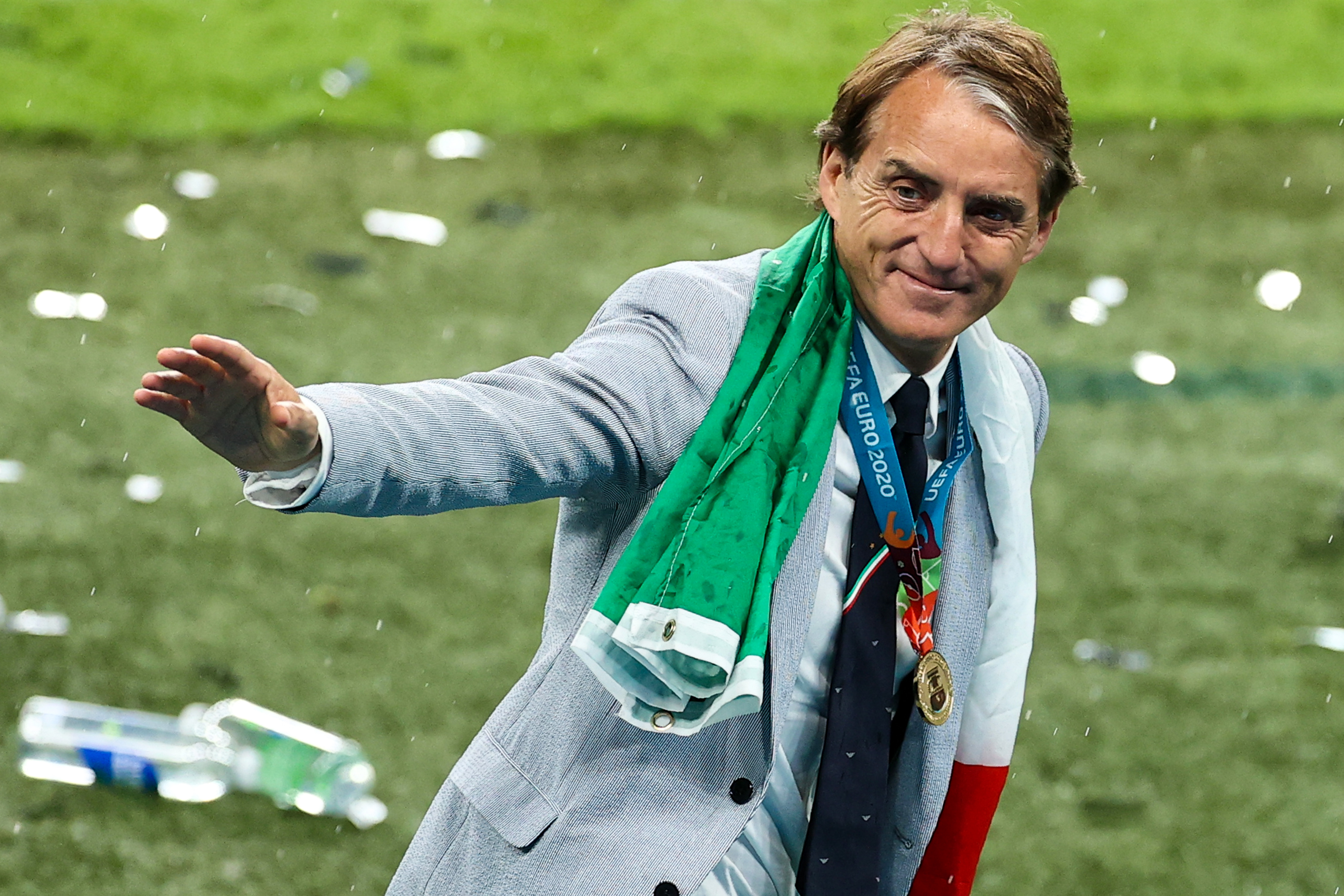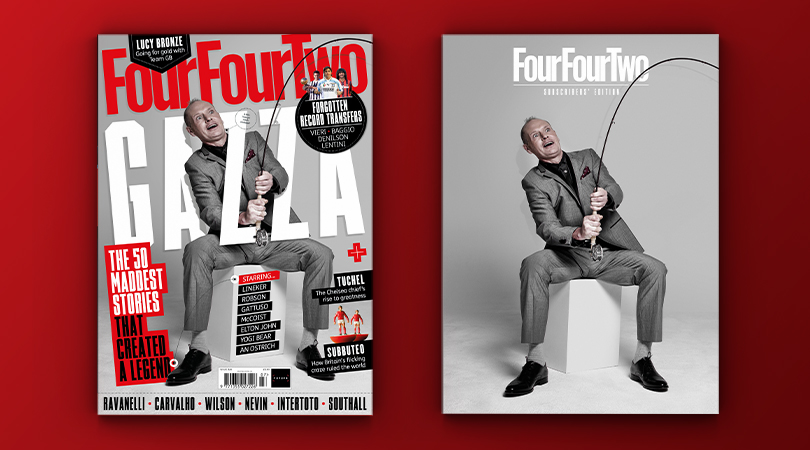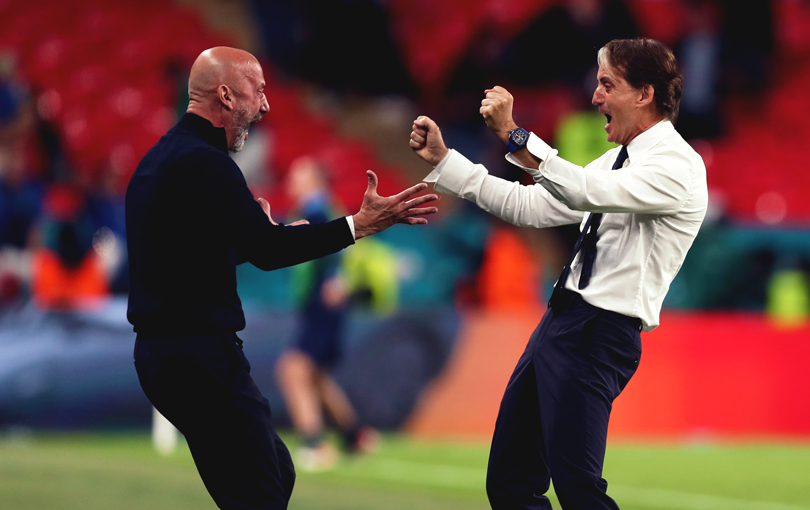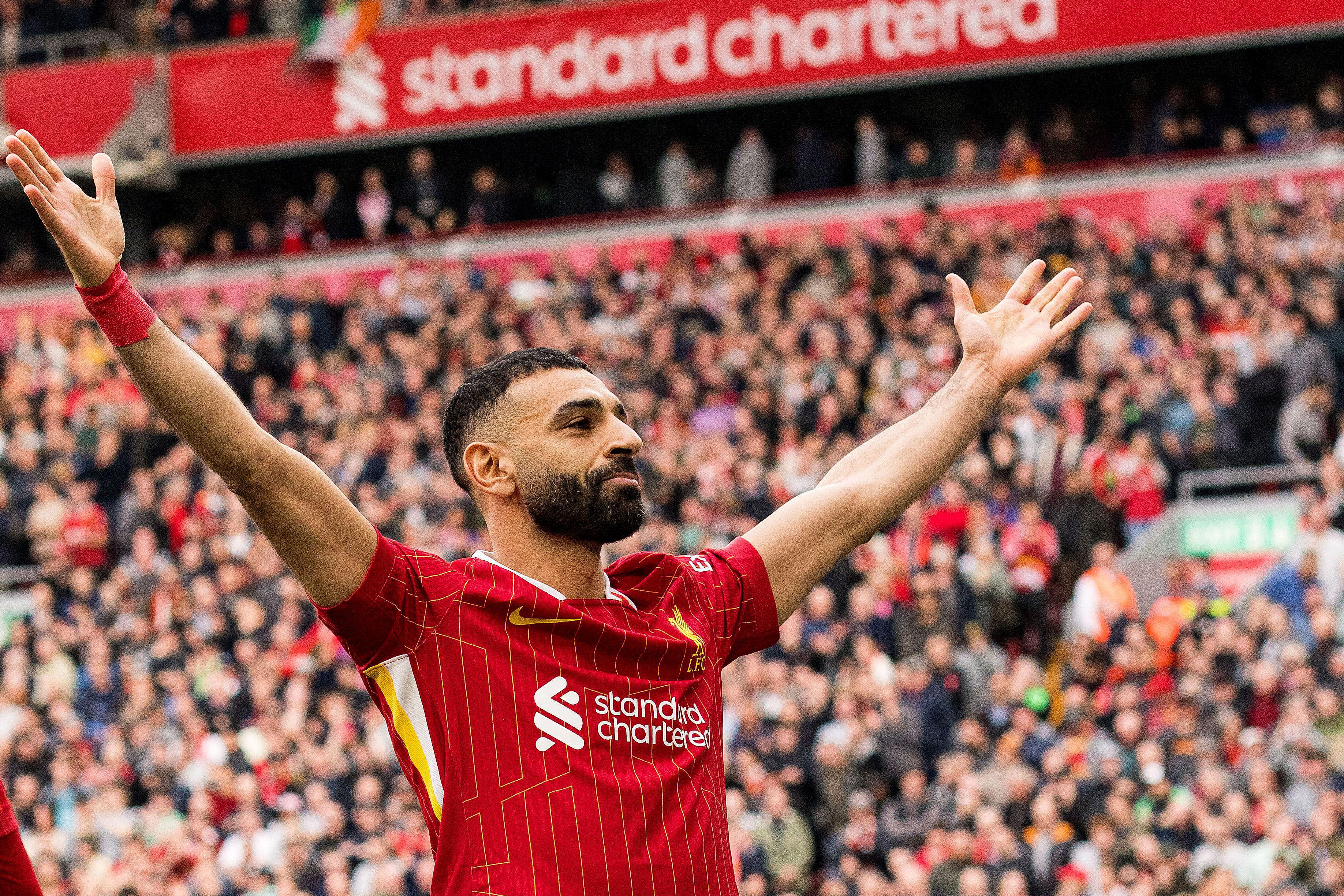Euro 2020 reaffirms Roberto Mancini's status as one of the game's great managers
Italy manager Roberto Mancini has proved he still belongs among football's great gaffers

The Euro 2020 final was a game where narratives collided.
Gareth Southgate’s history with Wembley and penalty shootouts and European Championships should need no explaining. Roberto Mancini was one of the great Serie A footballers but not one of the Azzurri immortals, a man whose Italy playing career was curtailed abruptly and ended unfulfilled.
He lost the biggest game he played in at Wembley, the 1992 European Cup final, and was sacked as Manchester City manager after their 2013 FA Cup final defeat there.
On a personal level, Italy’s eventual triumph was redemptive and cathartic for Mancini, the prodigal son of calcio who could celebrate with his Sampdoria family of Attilio Lombardo, Alberico Evani and Gianluca Vialli. It added an epic nature to the achievements of a man who had already won silverware in the 1980s, 1990s, 2000s and 2010s.

On another, however, it should have been a reminder of something too many forgot for too long: that Mancini is a brilliant manager. He is a transformative one, winning Inter’s first Scudetto for 17 years, City’s first trophy for 35 and league title for 44 and silverware with five clubs. Now he has constructed something special with Italy, taking a team from the rubble of their failure to qualify for the World Cup to win the European Championships after a 34-game unbeaten run.
There has been a tendency to apply an asterisk to some of Mancini’s past feats, to argue Inter’s three Serie A wins came in a field depleted by calciopoli and that City’s trophies were facilitated by exorbitant spending. If there is an element of truth to both, he left a legacy at Inter, a platform for Jose Mourinho to turn them into Champions League winners. He altered City irrevocably, changing the mentality at a club with a tradition of failure. He did so playing better football than many outside the Etihad acknowledge.
But there can be no asterisk attached to Italy’s glory. They were not the most talented team at Euro 2020; that mantle rested with France. In terms of ability, Italy may have ranked fourth, fifth or sixth. Select a world 11 and, while Mancini described Gianluigi Donnarumma as the planet’s finest goalkeeper, the chances are that it would include no players from the new European champions.
Get FourFourTwo Newsletter
The best features, fun and footballing quizzes, straight to your inbox every week.
🇮🇹 Italy's winning moment 🥇 Roberto Mancini 😄🎉@azzurri | #EURO2020 pic.twitter.com/jmrRlUAUfrJuly 12, 2021
But it illustrates the element of managerial alchemy in constructing the outstanding unit, the most cohesive, the side with the fluid interplay that made them look a club team. He had a vision which they executed. They were flexible. Italy could play without and with the ball, having 30 percent of possession against Spain and 65 percent versus England. They could defend and attack.
Mancini forged a team of disparate parts, from the battle-hardened but quality rearguard of his throwback centre-back partnership of Leonardo Bonucci and Giorgio Chiellini, turning Leonardo Spinazzola into the one-man left flank who made the formation work but compensating for his premature departure from the tournament.
He used the tools at their disposal. Lorenzo Insigne and Federico Chiesa were terrific but compared to the forwards Italy had in their previous trophy-winning tournaments – Gigi Riva and Sandro Mazzola in 1968, Paolo Rossi and Bruno Conti in 1982, Luca Toni, Francesco Totti and Alessandro del Piero in 2006 – they were not the most gifted. The squad was filled with the up-and-coming, the overlooked and the men from relatively unglamorous clubs.

Perhaps Mancini made some look better than they actually are. A sharp footballing brain has long equipped him to make fine changes mid-match and Italy were at their most potent in the final when he moved Chiesa to the left and Insigne to operate as a false nine. The paradox of Mancini is that, as City manager, he seemed to think the club should sign everyone. Deprived of that opportunity at international level, he used the resources available to him intelligently. He feels less abrasive and more mellow after falling out with fewer.
Italy’s exploits ought to restore a reputation. These days few of the game’s elite managers work in international football. There was an argument that Luis Enrique was the only one at Euro 2020 who could command a job at one of the biggest clubs; Mancini ought to belong in that category, even if Italy can take solace in a recently-signed contract that lasts until 2026.
Perhaps the Champions League’s pre-eminence means that managers who do not reach the final are afforded insufficient credit for their other accomplishments; his compatriot Antonio Conte may be another case in point. Mancini’s record in Europe with City was undeniably poor. But now he is a different sort of European champion, with a win that stemmed from the manager. And it should grant him the status as one of the best managers of his generation.
Subscribe to FourFourTwo today and get a FREE England Euro 96 shirt!
READ NEXT
RICHARD JOLLY Can England become the new Germany at major tournaments?
TRANSFER NEWS Chelsea preparing huge offer for Erling Haaland
RACISM ROW Tyrone Mings calls out Priti Patel over claim she’s ‘disgusted’ at racist abuse
Richard Jolly also writes for the National, the Guardian, the Observer, the Straits Times, the Independent, Sporting Life, Football 365 and the Blizzard. He has written for the FourFourTwo website since 2018 and for the magazine in the 1990s and the 2020s, but not in between. He has covered 1500+ games and remembers a disturbing number of the 0-0 draws.

